 The Internet has shaped the way Americans shop, there’s no doubt about that. It’s also changed how retailers do business. In less than a decade, E-commerce in the U.S. grew from $72 billion in 2002 to $256 billion in 2011. You can buy just about anything online, from books to music to fancy “designer breed” puppies. Not only that, but online auction sites such as eBay, have made it so individuals can benefit from web sales. Anyone with a computer, Internet access and an eBay account can list something for sale and wait for the bids to come in. And like the worldwide web itself, eBay offers just about everything you could want or need…including real estate.
The Internet has shaped the way Americans shop, there’s no doubt about that. It’s also changed how retailers do business. In less than a decade, E-commerce in the U.S. grew from $72 billion in 2002 to $256 billion in 2011. You can buy just about anything online, from books to music to fancy “designer breed” puppies. Not only that, but online auction sites such as eBay, have made it so individuals can benefit from web sales. Anyone with a computer, Internet access and an eBay account can list something for sale and wait for the bids to come in. And like the worldwide web itself, eBay offers just about everything you could want or need…including real estate.
Although eBay normally deals in merchandise transactions, real estate did make its way onto the online auction site in 2001. Since then, there have been a few notable listings that popped up on the site, namely the abandoned Michigan house that sold for $1.75 and Madonna’s childhood home that went for $331,000. But how does buying a home on eBay really work? And is it even worth it?
First of all, “buying” a home on eBay is a little different than buying a toaster or an autographed picture of your favorite celebrity. When you buy a typical item on eBay, you enter into a legally binding purchase contract in which you, as the buyer, agree to pay the seller for the merchandise. If you don’t pay up, you could be legally liable and subject to account suspension or negative feedback online. Because real estate laws vary from region to region, a home “purchase” on eBay does not involve a contract…or the exchange of money. Basically, eBay merely serves as an advertising vehicle to promote the property to a greater audience and expects the buyer and seller to work out the actual sale privately. So, if you “buy” a home on eBay, you will need to contact the seller to proceed through traditional channels. You will still most likely need to find a lender, hire a real estate agent and sign legal documents at closing.
Like with any real estate deal, there is no guarantee that an eBay real estate deal it will go to closing. Both the buyer and seller have the right to back out. The downside to dealing with a real estate transaction through eBay is that the account holders leave themselves vulnerable to negative feedback or eBay account suspension if the deal doesn’t go through.
According to a recent sampling of 100 completed eBay real estate auctions in the residential property category, two-thirds sold and the other third ended without a sale. Half of the homes sold for less that $5,000 and a quarter of the homes sold for less than $1,000.
With these prices being so cheap, looking into eBay auctions may not be a bad idea for someone in the market for a bargain. Just keep in mind that a lot of these properties are “fixer uppers,” abandoned homes or have other “unique” features. By contrast, there are a few high-dollar listings on eBay, but they don’t seem to be as common. Despite a handful of $1 million-and-up properties for sale, the highest-priced active auction to have attracted a bid at the time of this writing was only $100,000.
Even though it’s tempting to try to score such a magnificent deal, be cautious when conducting a transaction online. Research the home diligently and make sure you and the seller are effectively communicating. And, if you’d rather stick to buying collectors items on eBay, there’s nothing wrong with doing things the old-fashioned way – by picking up the phone and dialing a nearby real estate agent.

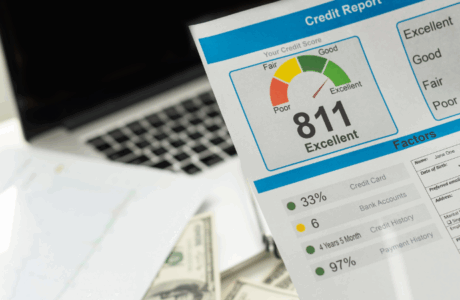








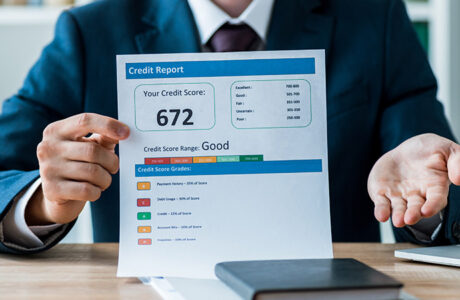






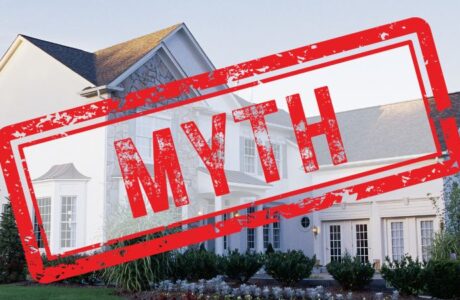




































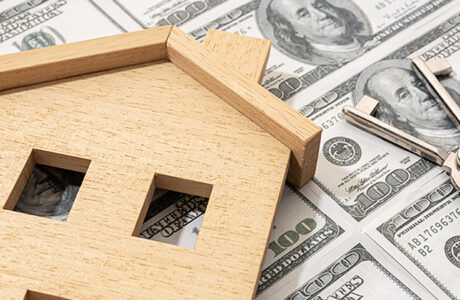








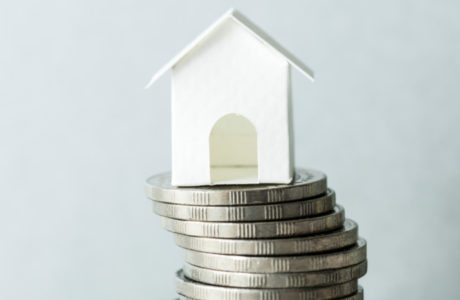







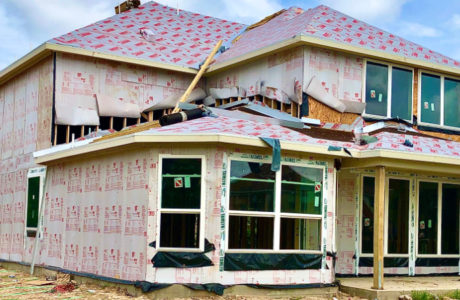





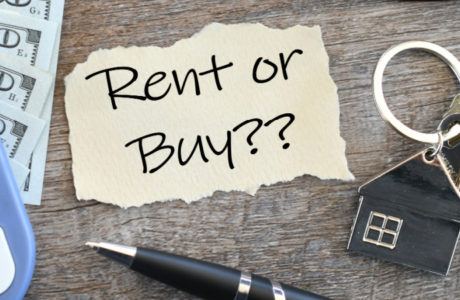

















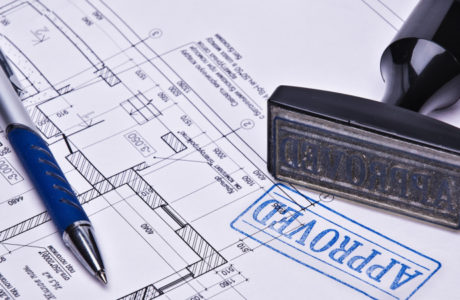












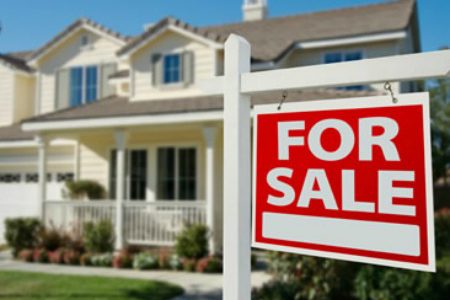
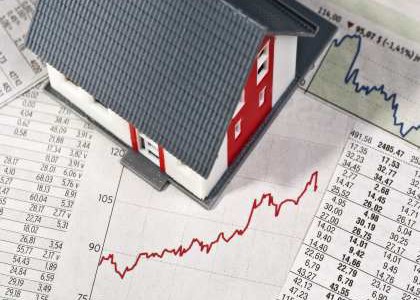


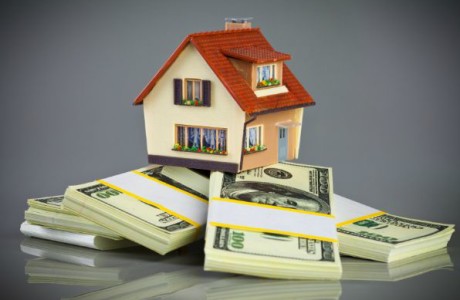
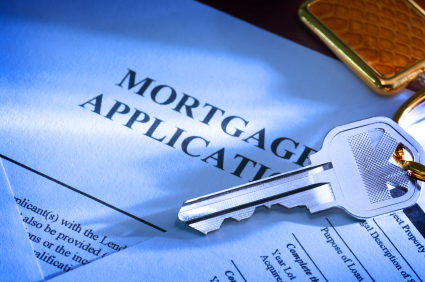












Comments are closed.